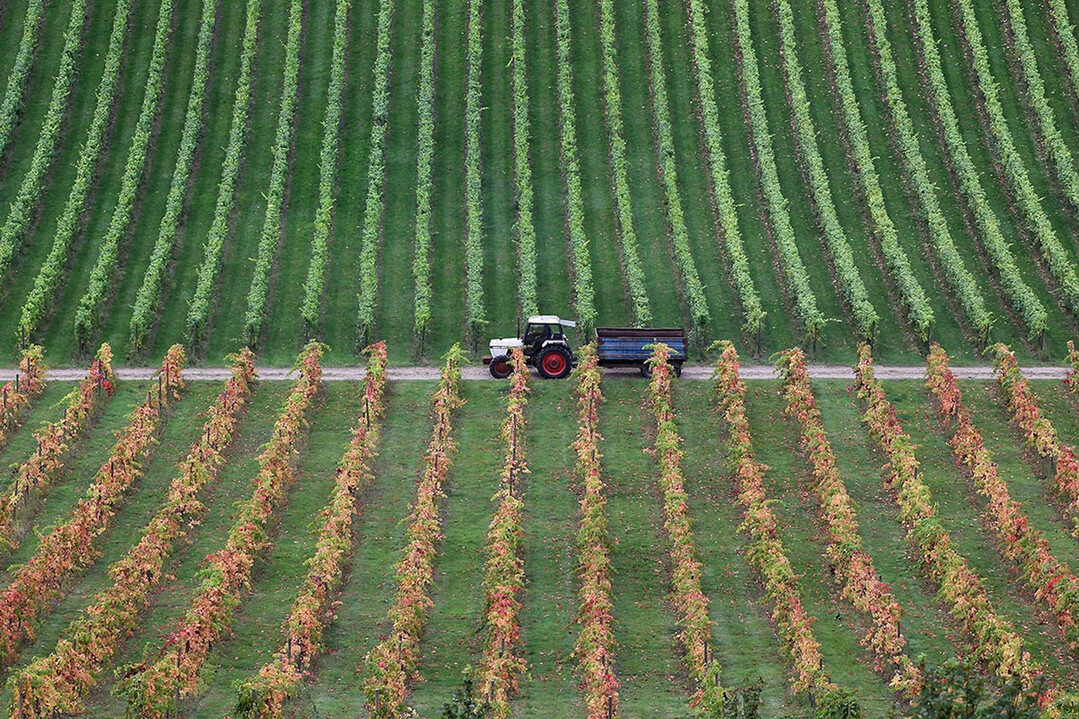
A leading Australian policy think tank has warned that growing foreign ownership of key agricultural and water assets is increasing the risk of foreign political influence in Australia.
Despite recent global divestment from Australian assets, new figures have revealed that a significant portion of farmland and water resources remains in foreign hands.
According to Foreign Investment Review Board (FIRB) data, around 11.8% of domestic water entitlements in Australia were foreign-owned at the end of the 2023/24 financial year, up from 11% two years earlier.
A large proportion of foreign-owned farms are involved in livestock production. Ownership of water and agricultural assets is often linked. Over two-thirds of water entitlements were used for agriculture, with around one-fifth for mining and 8% for industry.
FIRB figures show that foreigners hold rights to 47.6 million hectares of Australian farmland, a slight decrease of 0.2% from 47.7 million hectares a year earlier.
This means that almost 13% of Australian farmland is owned by foreign groups, a slight decrease from 14.1% two years ago. Over 87% of foreign-owned farmland was reported to be used for livestock production, primarily cattle.
Foreign investors have been attracted to Australian farms for various reasons, including high returns.
Daniel Wild, deputy director of the Institute of Public Affairs, said the sale of agricultural and water assets remains a risk.
“Foreign ownership can play a role in our economy, but political leaders need to be very wary of foreign ownership of food, water infrastructure, and defense assets,” Wild said. “One of the significant risks of foreign ownership of agricultural and water assets is that it can be used as a political and economic lever over Australia. In an extreme scenario, Australians could be denied priority access to food grown in their own country in a crisis.”
While FIRB figures show a decline in foreign-owned farm assets compared to previous years, Wild noted that the geopolitical environment has also changed.
“There have been many changes over the past decade as geopolitical tensions have risen and the Chinese Communist Party has become increasingly assertive and aggressive in our region. Now is not the time to be complacent about these issues,” he said.
Vanessa Raider, chief commercial research officer at Ray White, said livestock farms have become popular assets for global investors due to rising food prices.
“Strong commodity growth creates attractive investment options. Similarly, growth in the crop category and favorable weather conditions make these assets desirable,” she said.
Around 13% of Australian farmland is owned by overseas investors. China is the largest foreign owner of Australian farmland, holding around 2.1% of Australian agricultural assets.
Daniel Ho, group executive director of Chinese real estate portal Juwai, said foreign investors typically target specific types of farmland.
“They are looking for land that can produce well in the future and has a good water supply even in dry years,” he said. “It’s the kind of property that can generate positive returns despite high initial costs for land acquisition, new developments, and plantings.”
The United Kingdom owns around 2% of Australian farmland, Canada 0.8%, and the Netherlands and the United States 0.6% each.
Canada has the largest share of foreign-owned water resources, much of it in the hands of large pension funds. The United States, China, and the United Kingdom follow.
Most of the land in foreign hands is used for agriculture.
Raider said foreign ownership of Australian farmland may have been influenced by the recent rise in property values.
“We have seen more large groups divesting assets over the past few years as farmland values have risen due to export activity and favorable weather conditions,” she said. “We have seen more smaller activities from both domestic and foreign buying groups, which has led to a decrease in the number of assets held by foreign buyers.”
Wild said Australia needs to be strategic about the sale of its food and water assets to foreign powers.
“As much as possible, food and water assets should remain in the hands of Australians or be purchased by buyers from Western democracies and key allies. Ownership by other countries should only be possible where there are no alternatives, clear economic rationales, and strict safeguards in place.”
[Copyright (c) Global Economic Times. All Rights Reserved.]






























